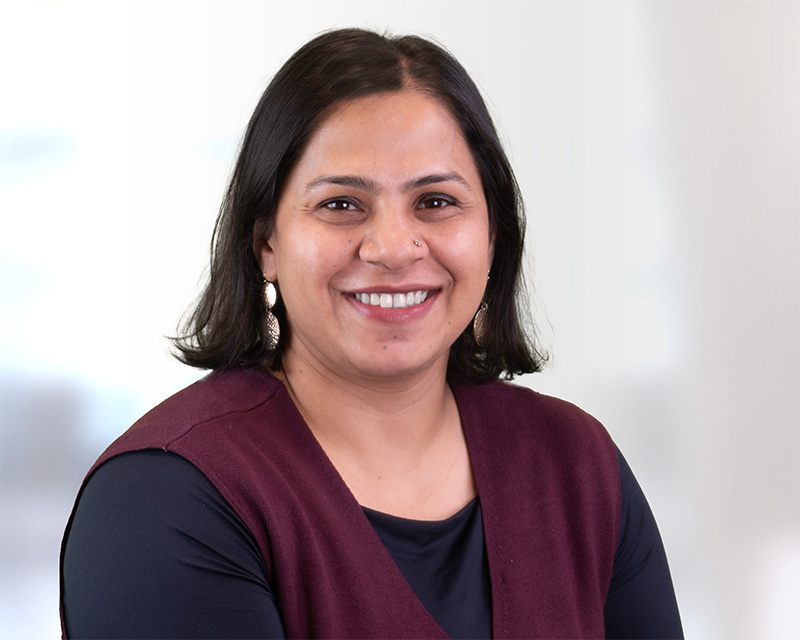October 29, 2014, New Delhi— India is making progress against undernutrition, as seen in the 2014 Global Hunger Index recently released by the International Food Policy Research Institute (IFPRI). Yet one-third of Indian women and children under five remain underweight. Micronutrient deficiencies are common, and not just among the poor. To combat these grim statistics, and ensure that poor nutrition does not hold back human and economic development, India’s central and state governments must coordinate and accelerate efforts to tackle the causes of malnutrition and hunger.
Actions to strengthen and grow the economy, to leverage agriculture for better nutrition, to improve services in health, nutrition and sanitation, and to empower India’s women are essential to improving nutrition. It is with a sense of urgency and recognition of these multiple factors that more than 200 researchers, government officials, and others will meet in New Delhi today and tomorrow at the Together for Nutrition 2014 conference. The goal is to learn how to improve nutrition in India by coordinating and delivering for nutrition across health, agriculture, sanitation, and women and child development sectors.
The 2-day conference, jointly hosted by Transform Nutrition and POSHAN (Partnerships and Opportunities to Strengthen and Harmonize Actions for Nutrition in India), both initiatives led by IFPRI, is an important platform for learning and facilitating discussion around this challenging task.
“India has clearly made progress towards improving nutrition, but the road ahead is still long,” said Purnima Menon, Senior Research Fellow at IFPRI and co-director of POSHAN. “The evidence – from within India and from other countries – tells us that gains in maternal and child nutrition come from actions in several sectors, and that leadership must also come from all levels.. Our goal from this conference is to learn more about how to trigger leadership and action for nutrition at state, district, block and community level, and to learn about how different sectors are working together.”
Conference participants will explore how decisions and actions in different sectors can influence nutrition, and how to plan, implement, and assess effective cross-sectoral actions. The conference will feature Indian and international speakers, including Srinath Reddy from the Public Health Foundation of India, government officials from Odisha and Maharashtra, and several speakers from IFPRI.
“India is home to a third of the world’s stunted children. There is a significant opportunity for us to help our children reach their full potential not only through direct feeding programs but also through improved access to toilets and empowerment of their mothers,” said Ramanan Laxminarayan, Vice-President for Research and Policy at the Public Health Foundation of India, the Transform Nutrition lead partner in India. “This is why looking at experiences and evidence that cuts across sectors is key.”
Sessions at the conference will highlight research and program experiences with moving the nutrition agenda forward through convergence, collaboration, and cooperation at the state, district, block, and community levels. Evidence and experiences will be shared from states as diverse as Bihar, Maharashtra, Odisha, Madhya Pradesh and others.
“India is unusual in that even the delivery of nutrition-specific interventions requires two ministries – the Ministry of Health & Family Welfare and the Ministry of Women & Child Development – to work together,” said Stuart Gillespie, Senior Research Fellow at IFPRI and CEO of Transform Nutrition. “In showcasing examples of how to support such intersectoral convergence effectively from across India, this conference is breaking new ground.”



